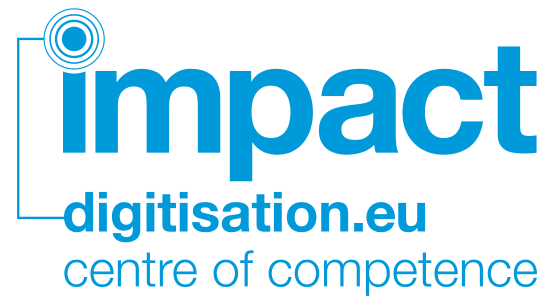
- This event has passed.
6th International Workshop on Historical Document Imaging and Processing (HIP’21)
5 September, 2021 - 6 September, 2021
[cs_content][cs_section parallax=”false” separator_top_type=”none” separator_top_height=”50px” separator_top_inset=”0px” separator_top_angle_point=”50″ separator_bottom_type=”none” separator_bottom_height=”50px” separator_bottom_inset=”0px” separator_bottom_angle_point=”50″ _label=”Section 1″ style=”margin: 0px;padding: 45px 0px;”][cs_row inner_container=”true” marginless_columns=”false” style=”margin: 0px auto;padding: 0px;”][cs_column fade=”false” fade_animation=”in” fade_animation_offset=”45px” fade_duration=”750″ type=”2/3″ style=”padding: 0px;”][x_image type=”none” src=”” alt=”” link=”false” href=”#” title=”” target=”” info=”none” info_place=”top” info_trigger=”hover” info_content=”” style=”width: 25%;float: left;padding-right: 10px;”][cs_text]
HIP aims to provide the researchers with a forum that is complementary and synergetic to the main sessions at ICDAR on document analysis and recognition. The manifold topics addressed in this workshop encompass the entire processing chain from image acquisition to information extraction. We include the growing importance of machine learning in this processing chain, such as convolutional and recurrent neural networks, and we encourage the presentation of entire projects in the context of historical documents.
HIP’21 is organised by Pattern Recognition and Image Analysis (PRImA) group of the University of Salford together with the Berlin State Library.
[/cs_text][/cs_column][cs_column fade=”false” fade_animation=”in” fade_animation_offset=”45px” fade_duration=”750″ type=”1/3″ style=”padding: 0px;”][x_recent_posts type=”post” count=”4″ offset=”” category=”HIP21″ orientation=”vertical” no_sticky=”true” no_image=”false” fade=”false”][/cs_column][/cs_row][/cs_section][/cs_content]
